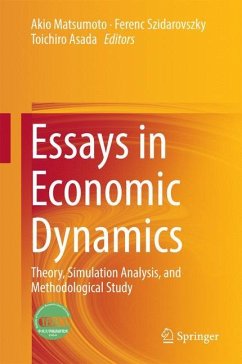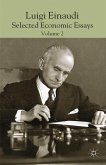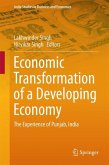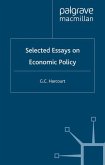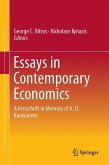This book reflects the state of the art in nonlinear economic dynamics, providing a broad overview of dynamic economic models at different levels. The wide variety of approaches ranges from theoretical and simulation analysis to methodological study. In particular, it examines the local and global asymptotical behavior of both macro- and micro- level mathematical models, theoretically as well as using simulation. It also focuses on systems with one or more time delays for which new methodology has to be developed to investigate their asymptotic properties. The book offers a comprehensive summary of the existing methodology with extensions to the more complex model variants, since considerations on bounded rationality of complex economic behavior provide the foundation underlying choice-theoretic and policy-oriented studies of macro behavior, which impact the real macro economy. It includes 13 chapters addressing traditional models such as monopoly, duopoly and oligopoly in microeconomics and Keynesian, Goodwinian, and Kaldor-Kaleckian models in macroeconomics. Each chapter presents new aspects of these traditional models that have never been seen before. This work renews the past wisdom and reveals tomorrow's knowledge.
Bitte wählen Sie Ihr Anliegen aus.
Rechnungen
Retourenschein anfordern
Bestellstatus
Storno

